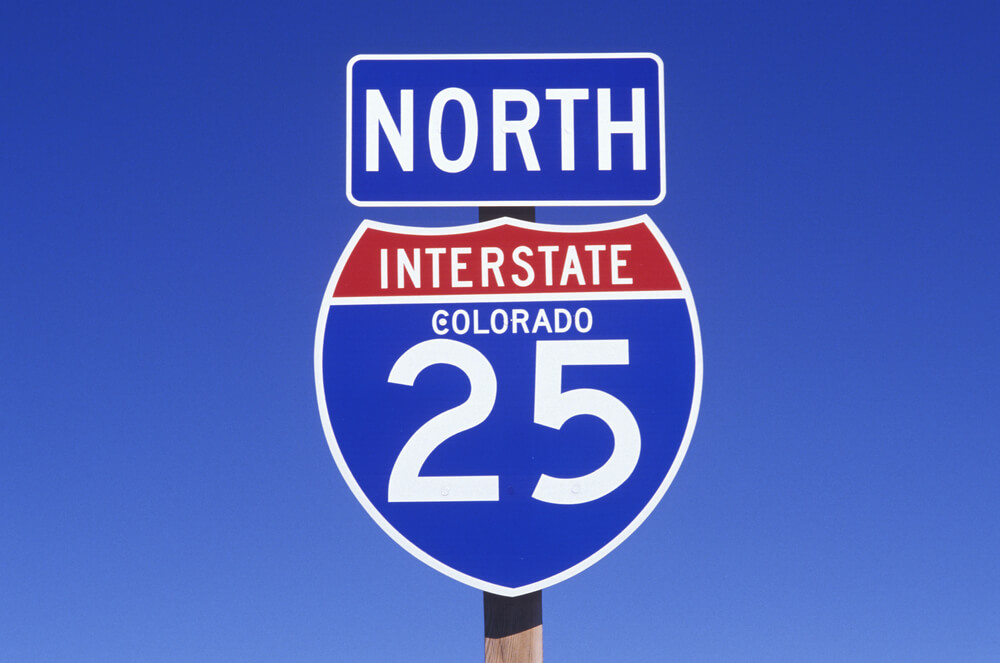By the mile
-
@renauda said in By the mile:
@mik said in By the mile:
But Ax has a legitimate point. If gas taxes pretty much disappear, how do we fund the interstate and US highways?
Here's a start. Vehicles regardless of how they are fueled require tires. A road tax on tires at point of sale.
Bald tires more accidents and deaths? People hate taxes, it’s always the other guy who “should” pay.
-
It’s still regressive. The gas tax, tire taxes, all hit the poor and lower middle class disproportionately harder than the upper middle class and the wealthy, especially post covid.
-
@renauda said in By the mile:
Then take public transit.
Good luck finding any kind of decent public transit in Perryopolis, Pennsylvania.
-
@renauda said in By the mile:
Then take public transit.
Good luck finding any kind of decent public transit in Perryopolis, Pennsylvania.
@lufins-dad said in By the mile:
@renauda said in By the mile:
Then take public transit.
Good luck finding any kind of decent public transit in Perryopolis, Pennsylvania.
What are you talking about? Dwayne will drive you anywhere you need to go, you just need to give him about a week's heads up. You need his landline number?
-
It’s still regressive. The gas tax, tire taxes, all hit the poor and lower middle class disproportionately harder than the upper middle class and the wealthy, especially post covid.
@lufins-dad said in By the mile:
It’s still regressive. The gas tax, tire taxes, all hit the poor and lower middle class disproportionately harder than the upper middle class and the wealthy, especially post covid.
Am fully aware of that, however there is a cost to public infrastructure and its maintenance. The money has to come from somewhere and that somewhere is taxpayers, citizens and industry alike. Either through income taxes, levies or consumption taxes.
The US has a great Interstate Highway system. It is worth the tax dollar investment to maintain and expand. Likewise I am sure there are also state and municipal roadways that are also worth the public investment as well.
-
@lufins-dad said in By the mile:
It’s still regressive. The gas tax, tire taxes, all hit the poor and lower middle class disproportionately harder than the upper middle class and the wealthy, especially post covid.
Am fully aware of that, however there is a cost to public infrastructure and its maintenance. The money has to come from somewhere and that somewhere is taxpayers, citizens and industry alike. Either through income taxes, levies or consumption taxes.
The US has a great Interstate Highway system. It is worth the tax dollar investment to maintain and expand. Likewise I am sure there are also state and municipal roadways that are also worth the public investment as well.
@renauda No doubt. As I posted earlier, infrastructure and roadways are absolutely one of the fundamental responsibilities of the Federal Government, and yes, they have to be paid for. I am also a big believer in consumption taxes, in general, but you can't value the impact of roads by miles driven. It just doesn't work. You want to use a consumption tax to pay for it? Ok, how about a .25% sales tax on every item or service provided in the United States? That's going to be more equitable than basing it off of miles driven. That would generate roughly $200 billion a year. The current transportation budget is $72 billion. I think nearly tripling would be enough to start some of these projects, and for the median income consumer, it would make a difference of $50 out of pocket over the course of the year.
-
-
Why a Federal responsibility? Should public roadways not be shared by Federal and State governments? What about municipal roadways - some should be exclusively municipal others in partnership with state and possibly even federal funding grants.
@renauda said in By the mile:
Why a Federal responsibility? Should public roadways not be shared by Federal and State governments? What about municipal roadways - some should be exclusively municipal others in partnership with state and possibly even federal funding grants.
I'm not getting your question? Intrastate roadways already are and should be the responsibility of local and state authorities, interstate roadways are the responsibility of the federal government. I have no expectations of Uncle Sam paving the road in front of my house, but I do fully expect him to take care of 95. In a lot of cases, they will still use local crews... VDOT (Virginia Department of Transportation) will handle all of the work on 95 throughout VA, but the costs are covered by the FHWA.
Beyond that, building and maintaining roadways is a necessary part of the delegated powers given to the federal government: to regulate commerce, to declare war, to raise and maintain armed forces, and to establish a post office. These responsibilities are specifically laid out in the Constitution.
-
The federal also supports the US highways, the interstate predecessors. I like traveling them because you see a lot more and they generally have a lot less traffic. Might be a little slower but that never bothered me.
@mik said in By the mile:
The federal also supports the US highways, the interstate predecessors. I like traveling them because you see a lot more and they generally have a lot less traffic. Might be a little slower but that never bothered me.
If the road sign is shaped like a shield, then it's a Federal highway.

Otherwise, it's local.
-
@renauda said in By the mile:
Why a Federal responsibility? Should public roadways not be shared by Federal and State governments? What about municipal roadways - some should be exclusively municipal others in partnership with state and possibly even federal funding grants.
I'm not getting your question? Intrastate roadways already are and should be the responsibility of local and state authorities, interstate roadways are the responsibility of the federal government. I have no expectations of Uncle Sam paving the road in front of my house, but I do fully expect him to take care of 95. In a lot of cases, they will still use local crews... VDOT (Virginia Department of Transportation) will handle all of the work on 95 throughout VA, but the costs are covered by the FHWA.
Beyond that, building and maintaining roadways is a necessary part of the delegated powers given to the federal government: to regulate commerce, to declare war, to raise and maintain armed forces, and to establish a post office. These responsibilities are specifically laid out in the Constitution.
@lufins-dad said in By the mile:
I'm not getting your question? Intrastate roadways already are and should be the responsibility of local and state authorities, interstate roadways are the responsibility of the federal government.
And I don't the know the details of US federalism. Here the interprovincial highways are built jointly between the federal and provincial governments then maintained by the provincial governments in part through, federal grants. The only highways that are exclusively federal are those traversing through national parks and treaty Indian Reservations.
-
 A Axtremus referenced this topic on
A Axtremus referenced this topic on